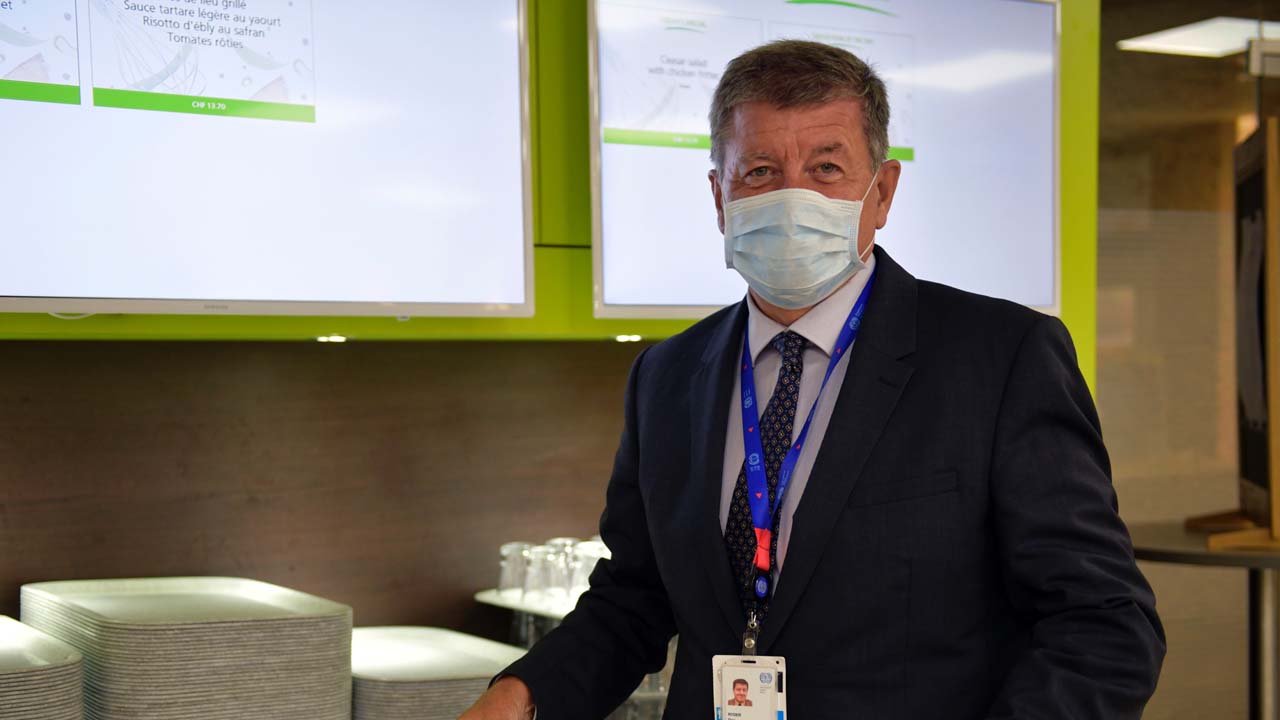
The latest report from the International Labour Organisation (ILO) indicates that there are 50 million people who are held in forced marriage, labour and migration in the world.
The report, ‘Global estimates of modern slavery’, released on Monday, said out of the 50 million, about 28 million are trapped in forced labour while the remaining 22 million are in forced marriage.
It noted that the number of people in modern slavery has risen significantly in the last five years. 10 million more people were in modern slavery in 2021 compared to 2016 global estimates. Women and children remain disproportionately vulnerable.
Modern slavery occurs in almost every country in the world, and cuts across ethnic, cultural and religious lines. More than half (52 per cent) of all forced labour and a quarter of all forced marriages can be found in upper-middle income or high-income countries.
The report further stated that most cases of forced labour (86 per cent) are found in the private sector. Forced labour in sectors other than commercial sexual exploitation accounts for 63 per cent of all forced labour, while forced commercial sexual exploitation represents 23 per cent of all forced labour. Almost four out of five of those in forced commercial sexual exploitation are women or girls.
According to the study, state-imposed forced labour accounts for 14 per cent of people in forced labour. Almost one in eight of all those in forced labour are children (3.3 million). More than half of these are in commercial sexual exploitation.
An estimated 22 million people were living in forced marriage on any given day in 2021. This indicates an increase of 6.6 million since the 2016 global estimates.
The true incidence of forced marriage, particularly involving children aged 16 and younger, is likely far greater than current estimates can capture; these are based on a narrow definition and do not include all child marriages. Child marriages are considered to be forced because a child cannot legally give consent to marry.
Also, migrant workers are more than three times more likely to be in forced labour than non-migrant adult workers. While labour migration has a largely positive effect on individuals, households, communities and societies, this finding demonstrates how migrants are particularly vulnerable to forced labour and trafficking, whether because of irregular or poorly governed migration, or unfair and unethical recruitment practices.
In his comments on the findings, the Director-General of the ILO, Guy Ryder, said: “It is shocking that the situation of modern slavery is not improving. Nothing can justify the persistence of this fundamental abuse of human rights. We know what needs to be done, and we know it can be done. Effective national policies and regulation are fundamental. But governments cannot do this alone. International standards provide a sound basis, and an all-hands-on-deck approach is needed. Trade unions, employers’ organisations, civil society and ordinary people all have critical roles to play.”
IOM Director-General, António Vitorino, said: “This report underscores the urgency of ensuring that all migration is safe, orderly, and regular. Reducing the vulnerability of migrants to forced labour and trafficking in persons depends first and foremost on national policy and legal frameworks that respect, protect, and fulfil the human rights and fundamental freedoms of all migrants – and potential migrants – at all stages of the migration process, regardless of their migration status. The whole of society must work together to reverse these shocking trends, including through implementation of the Global Compact on Migration.”
On her part, Founding Director of Walk Free, Grace Forrest, said: “Modern slavery is the antithesis of sustainable development. Yet, in 2022, it continues to underpin our global economy. It is a man-made problem, connected to both historical slavery and persisting structural inequality. In a time of compounding crises, genuine political will is the key to ending these human rights abuses.”
The report made a number of recommended actions which, taken together and swiftly, would mark significant progress towards ending modern slavery.
They include: improving and enforcing laws and labour inspections; ending state-imposed forced labour; stronger measures to combat forced labour and trafficking in business and supply chains; extending social protection, and strengthening legal protections, including raising the legal age of marriage to 18 without exception.
Other measures include: addressing the increased risk of trafficking and forced labour for migrant workers; promoting fair and ethical recruitment; and greater support for women, girls and vulnerable individuals.






